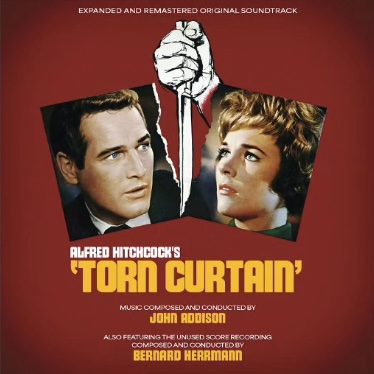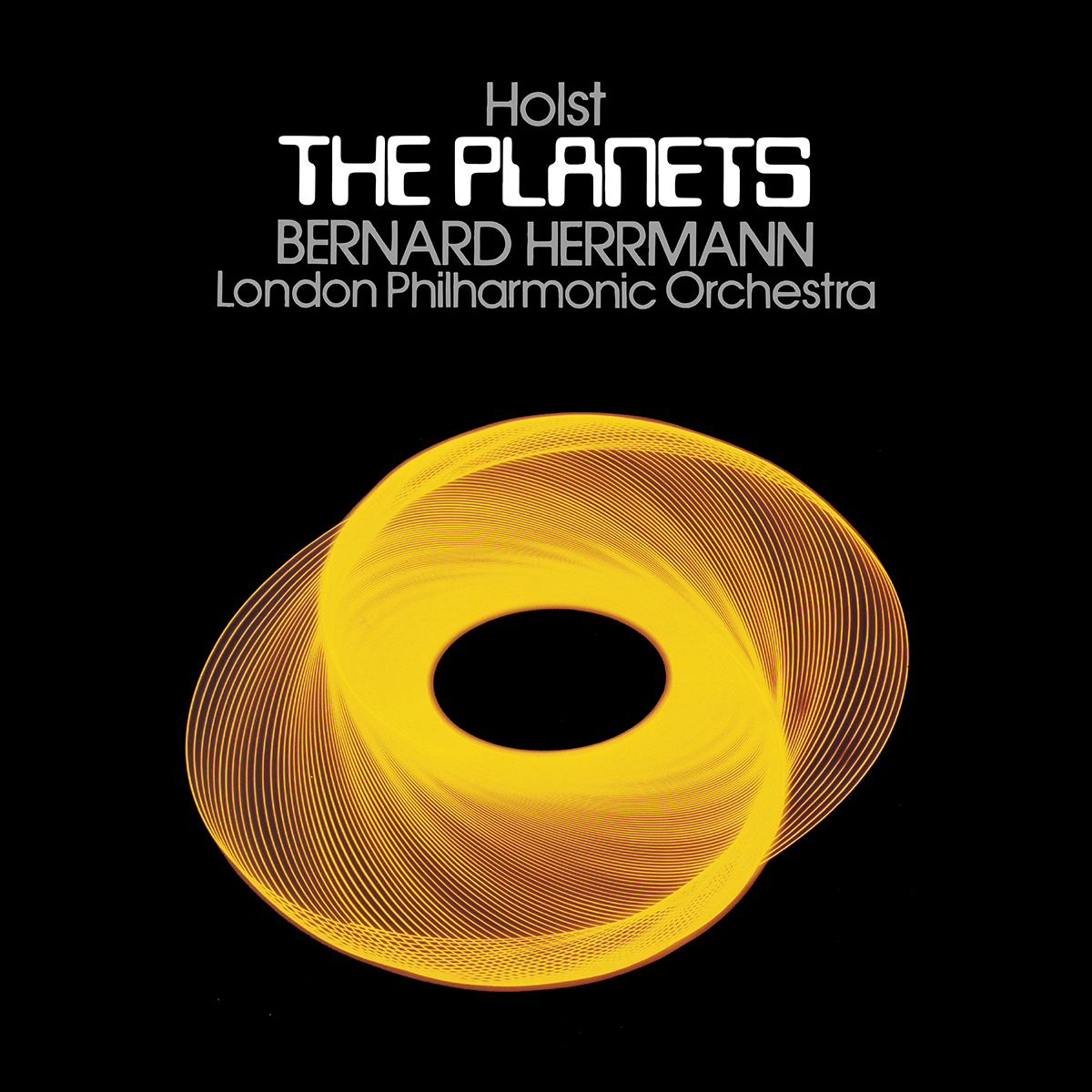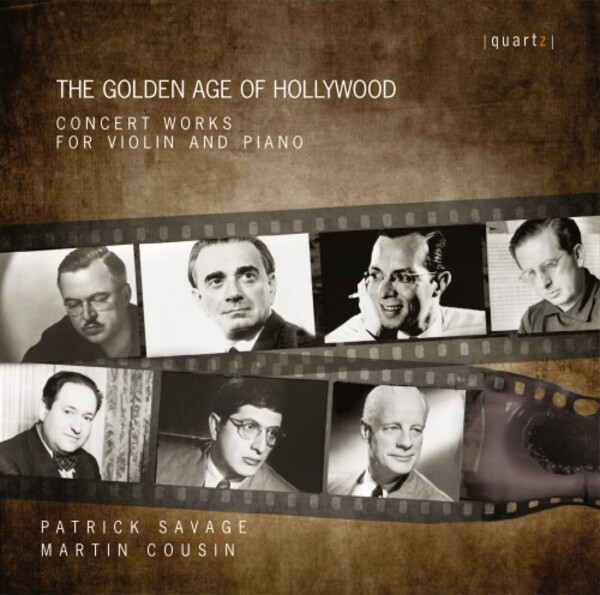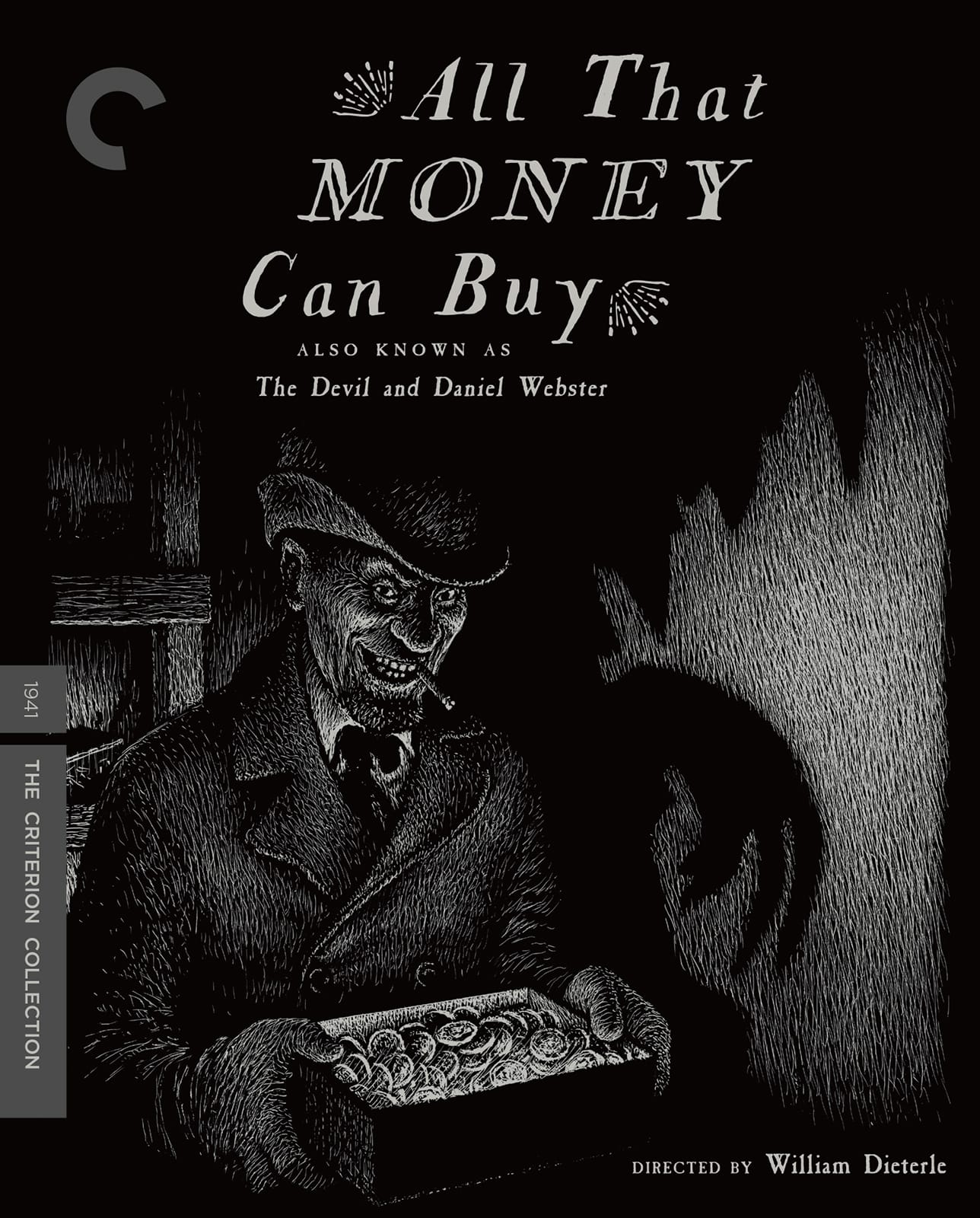On this 90th anniversary of my father’s birth, I would like to thank his many fans who have been both stirred and inspired by the music that he wrote for films and the concert hall.
As his daughter, I was aware from an early age that my father lived and breathed music. He waved his hands when he conducted at other conductor’s concerts, and as a child, he entertained me in the evenings at his home in North Hollywood by playing several recordings of a single work by either Beethoven, Brahms, or one of his beloved English composers. As he played the recordings for me, he liked to point out how the individual conductor’s style altered the composer’s work. One of the records in my father’s collection that made the most impression on me as a child was a private recording that had been made of Arturo Toscanini. In it, you could hear the temperamental Italian conductor throwing a chair at a violinist because of an ill-timed entrance. Although my father could be tough with his musicians, he never threw chairs.
Writing music was effortless for my father. He got up early in the morning to compose his music, and often when I saw him at nine o’clock, he had finished work. The remainder of his day was spent reading – he read at least fourteen books a week on a variety of subjects – and entertaining friends. My father liked people and when he was in Hollywood during the fifties and sixties, he had many friends who were actors, writers and professional musicians. Many of them were film composers (Franz Waxman, Alfred Newman, Alex North, Lynn Murray and Jeff Alexander) or musicians who worked in the studio orchestras.
Often my father would take my younger sister Wendy and me with him to Twentieth Century Fox, where he was employed during this period. These were days of heaven. It was the height of the studio system, and Daddy often let us wander alone around the enormous back lot, where one could instantly step from a replica of a Roman temple to a Baltimore street covered with snow. Lunchtime at the studio commissary was always a highpoint of our visit. In that era, at least five pictures were being filmed at the same time, and into the commissary, often dressed in costume, would stream the stars of the era, including Marilyn Monroe, Robert Wagner, Richard Widmark, Jeff Chandler, Joseph Cotten, and Gordon Maccrae.
However, most of our time at the studio was spent in more mundane pursuits than stargazing. We were in the large recording studio where Daddy, wearing headphones, conducted his score, as the film on which he had composed the music was projected on a giant screen overhead. As children, this aspect of filmmaking bored us, and we were also lulled to sleep in the dubbing room where Daddy spent a great deal of time. It was here that the sound editors matched the dialogue and score to the film images. They would play one reel over and over until it was perfectly matched in volume and synchronization. This was a tedious process of which the general movie-going public is unaware.
Unlike his somnolent daughters, Daddy took this part of the film process seriously. It was no surprise that he became angry whenever he saw one of his films at a local theatre and the volume was muted. I remember going with him to see “Five Fingers” with James Mason at a movie theatre. The sound was so low that the actors seemed to be whispering. Daddy complained to the projectionist, and he must not have been kind in his objections, because suddenly everyone on screen – including the usually unflappable James Mason – was screaming so loudly that everyone in the audience covered their ears, then stormed out of the theatre and demanded their money back.
My father, as his fans know, worked on a number of distinguished films. I think his favorite was “The Ghost and Mrs. Muir,” but mine has always been “Vertigo.” This was one of his favorites, too. Judging from his wonderful score, he identified with its theme of romantic obsession. Oddly, at the time he worked on it, he had no use for “Psycho,” – he thought it was a cheaply made exploitation film (the reason he used strings was that he had a limited music budget). After it became a cult film, he changed his mind about it and bragged that it was one of his favorites.

During his long career in Hollywood and abroad, he worked with many famous directors, but the ones he revered were Alfred Hitchcock, John Brahm, Francois Truffaut, and of course, Martin Scorsese, with whom he made his last film, “Taxi Driver.” Oddly enough, I never heard him talk about Orson Welles, and to this day I wonder why he never mentioned him, especially since their collaboration included “Citizen Kane” and “The Magnificent Ambersons.”
The musical work that meant the most to my father was his opera, “Wuthering Heights.” Happily, I heard excerpts from this neglected, but sublime work that were performed this past spring by the Eos Orchestra in New York in a sold-out concert entitled “Bernard Herrmann: More than the Movies,” conducted by the innovative Jonathan Scheffer. The opera, which my father considered his masterpiece, was never performed in his lifetime. It received its world premiere by the Portland Opera Company in the early 1980s. My mother, Lucille Fletcher, wrote the libretto for the opera, which was based on dialogue from Emily Bronte’s novel, but she was not consulted about the production. Privately, we both felt that it should have been cut. My father would never permit any alterations to his opera, which was one of the reasons that it was never performed until after his death. Unfortunately, the director of the opera company in Portland made some ill-advised cuts and tacked on a new, inappropriate ending.
Daddy loved to play his opera for people. He would play all the parts– Heathcliff, Cathy, Isabel, Linton – but he did not do his characters justice, as he had a croaky singing voice. I remember one evening when he was playing his opera at a friend’s house, and someone complained, “Benny, please stop singing. We can’t hear the music.”
As both my father and mother were talented musicians, my sister and I were encouraged to play musical instruments. My sister Wendy played the violin and I played the piano. I had a terrible sense of time, even though my father, who himself was a poor pianist, had a wonderful sense of time. My piano teachers always asked me, “Didn’t that ever bother your father?” The answer was that my poor sense of time didn’t disturb him. He was never insistent that his daughters follow in his footsteps and become musicians.
Although my father could be hard on professional musicians, he was tender toward aspiring ones. I remember the time that Leopold Stokowski stayed with us at my father’s ranch home in North Hollywood while he was playing at the Hollywood Bowl. My sister and I lived in dread of his visit. His last name was complicated for small girls to pronounce and before he arrived, we said it again and again, hoping that we could get it right, but somehow we could never pronounce it. When he arrived at the house, he immediately put us at our ease by saying, “Call me Uncle Leopold.” Then he sat down and started watching a television show with us, something inane that had to do with Indians and cowboys.
Stokowski and my father would sit by the pool every evening and discuss, what else – music. Down the block was a neighbor who would begin to practice his trombone at precisely five o’clock. As he reached one wrong note after another, Stokowski and my father would shake their heads and mournfully say to one another, “I don’t think he’ll ever make it. I wish there was some hidden sign we could give him to improve his technique.”
My father loved animals. “Someone has to take them in,” he was fond of saying of dogs and cats. Most of his animals were strays. He found his beloved dog Twilight when he was doing some of the scores for the Rod Serling’s television series, Twilight Zone. And during his life, he also owned many cats, of the alley cat variety that were also foundlings.
Music was my father’s entire life, and on this occasion of the 90th anniversary of his birth, it comforts me to remember that in 1975 he died doing the thing he loved most, in his sleep after conducting the score for “Taxi Driver.” Of course, for me, his daughter, he continues to live on in my thousand special memories of him and in listening to the drama and poignancy of his music, which remains timeless.
Dorothy Herrmann






![The Man Who Knew Too Much – 4K restoration / Blu-ray [A]](../../wp-content/uploads/2023/11/TMWKTM-4K.jpg)
![The Bride Wore Black / Blu-ray [B]](../../wp-content/uploads/2023/07/BrideWoreBlack.jpg)
![Alfred Hitchcock Classics Collection / Blu-ray [A,B]](../../wp-content/uploads/2020/07/AHClassics1.jpg)
![Endless Night (US Blu-ray) / Blu-ray [A]](../../wp-content/uploads/2020/03/EndlessNightUS.jpg)
![Endless Night (UK Blu-ray) / Blu-ray [B]](../../wp-content/uploads/2019/12/ENightBluRay.jpg)